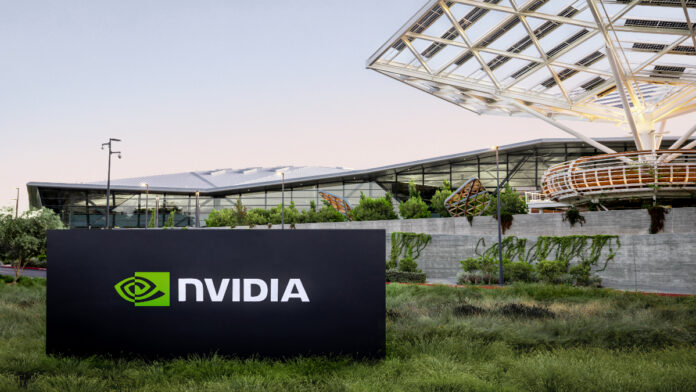Nvidia noted last week that it expects to receive new licenses from the U.S. government to resume sales of the H20 chip in China
In sum – what to know:
Nvidia limits H20 chip supply – Nvidia has informed Chinese clients that its stocks of the H20 AI chip are limited and that production will not resume soon, pending U.S. export licenses.
Licensing delay stalls sales – While Nvidia expects approval to resume H20 shipments to China, the U.S. government has yet to issue the necessary export licenses, leaving future availability uncertain.
National security cited – U.S. lawmakers argue the H20 chip enables China’s AI and military advancement, citing Tencent’s use of H20s in supercomputer-scale AI training.
U.S. AI chipmaker Nvidia Corporation has informed its customers in China that supplies of its H20 chip—the most advanced artificial intelligence (AI) processor it is currently permitted to sell in the Asian country—are limited, according to a report from The Information.
The company noted last week that it expects to receive new licenses from the U.S. government to resume sales of the H20 chip in China, but those approvals have yet to materialize. Nvidia has reportedly told its Chinese clients that it does not plan to restart production of the H20 chip in the near term.
Under the export rules implemented during the Biden administration, Nvidia was allowed to sell the H20 chip in China up until April 2025. However, the Trump administration has since tightened those restrictions amid escalating trade tensions with the Chinese government.
Although Nvidia has expressed optimism about resuming H20 sales in China, the U.S. administration has not publicly confirmed any change in policy.
The H20 chip plays a critical role in China’s AI ambitions and is used by major technology companies such as Alibaba, Tencent, Baidu, DeepSeek and ByteDance.
Meanwhile, Republican Representative John Moolenaar (R-Caledonia), the chair of the U.S. House of Representatives’ select committee on the Chinese communist party (CDP), expressed his opposition to Nvidia resuming sales of its H20 chip to the Chinese market in a letter to U.S. Commerce Secretary Howard Lutnick.
He also requested a briefing on how the Commerce Department will handle potential export license applications for Nvidia’s H20 GPUs.
“The Commerce Department made the right call in banning the H20. Now it must hold the line,” Moolenaar wrote. “We can’t let the CCP use American chips to train AI models that will power its military, censor its people, and undercut American innovation.”
The letter underscores evidence that PRC tech giants like Tencent have used H20s to train massive AI systems on computing clusters that qualify as “supercomputers” under U.S. law—raising concerns about possible violations of the Supercomputer End Use Rule.
“The relevant comparison is not between the H20 and other chips available in the U.S. market, but between the H20 and chips domestically available at a relevant scale in the Chinese market,” the letter states. “The H20, which is a cost-effective and powerful AI inference chip, far surpasses China’s indigenous capability and would therefore provide a substantial increase to China’s AI development,” it added.

